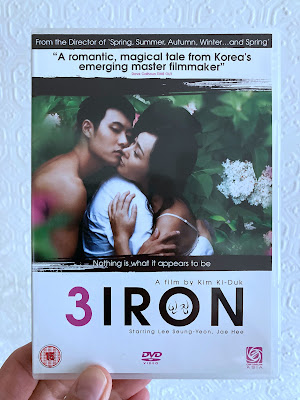Nigel Havers, Ian Holm, John Gielgud also star.
The film hasn’t dated especially well, but the synth soundtrack by Vangelis is excellent and I like the fact that the sci-fi synth tones jar with the 1920s visuals.
Overall, I was disappointed. I'd expected something much more stirring and inspirational. Instead, the drama seems flat and the middle of the film really sags. The slow-motion effect is wildly over-used, becoming clichéd and almost almost comical. And, unfortunately, when Harold wins his all-important race it’s filmed and directed in a way that seems oddly anticlimactic.















